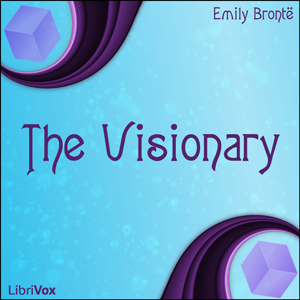有声读物: Visionary
有声读物类型
作者
描述
LibriVox volunteers bring you 18 recordings of "The Visionary" by Ellis Bell (Emily Brontë). This was the weekly poem for January 1, 2012.
The first 12 lines originally appeared in one of a large group of Gondal poems, the word coming from the name of a fictitious island kingdom in a fantasy created by Emily and her sister Anne. When Emily finally consented to have some of her poems published in 1846, along with those of sisters Charlotte and Anne, she selected parts of the Gondal poems and removed all reference to the fantasy land. However, this poem first appeared in a new, expanded edition of the sisters' poetry (in 1850, after both Emily and Anne had died) and was apparently derived as follows:
"The Visionary (October 9, 1845) This poem is part of the same Gondal poem from which Emily carved "The Prisoner. A Fragment." Charlotte Brontë took lines 1-12 of Emily's original poem, "Julian M. and A.G Rochelle," and added 8 lines of her own. Thus, the positive ending in which the watcher has a spiritual experience is Charlotte's and the watcher may be seen as Emily rather than a Gondal character. In Charlotte's version, it is hard to explain the guiding light in the window of stanza 2."
This account is fully supported by other sources. So the poem, as it was published in 1850, is a combination of work by Emily and Charlotte. Charlotte is accused by critics of using a heavy hand in editing some of Emily's formerly unpublished poems for the 1850 volume. (Introduction by Leonard Wilson)
喜欢您听到的内容吗?与您的朋友和家人分享吧!.
